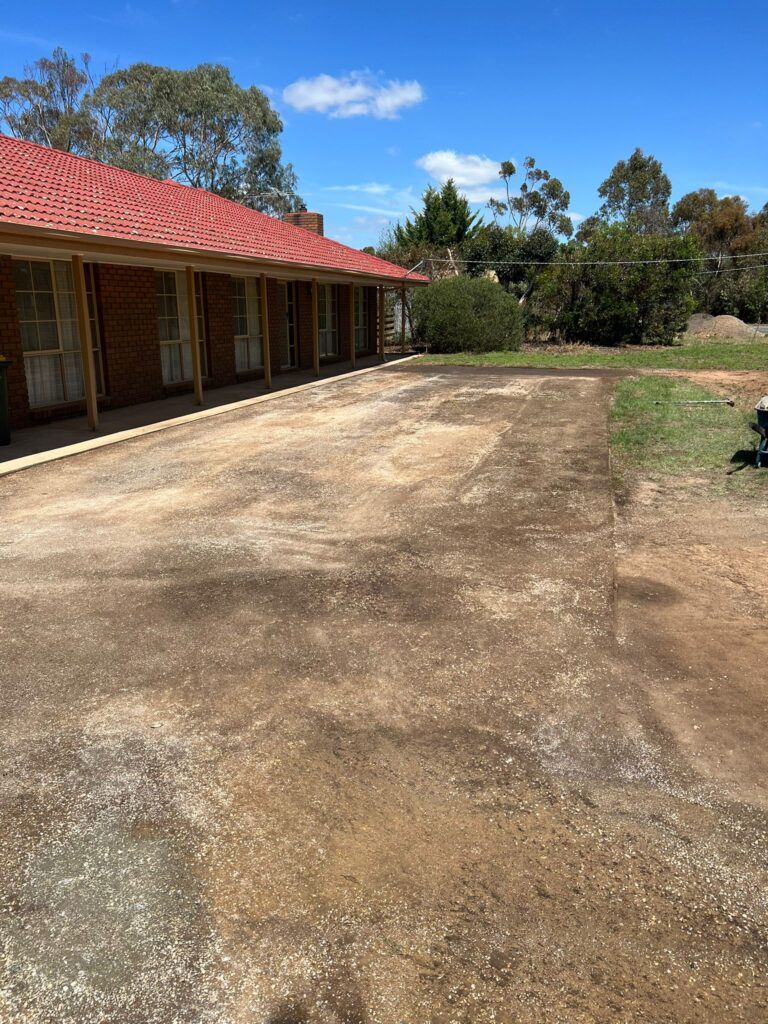Asphalt surfaces are known for their durability, but like any material, they are not immune to damage over time. One of the most common issues seen in driveways, roads, and car parks is cracking. These cracks can begin small and quickly spread, leading to surface deterioration and costly repairs if left untreated. Understanding what causes these cracks—and how to prevent them—is essential for maintaining a long-lasting asphalt surface. At Richmond Road Tech, we help property owners in Richmond identify the early signs of wear and implement protective measures to stop further damage.
The Main Causes of Asphalt Cracks
Asphalt cracking can result from a combination of environmental, structural, and usage-related factors. Some of the most common causes include:
Weather Extremes
- UV exposure dries out the bitumen binder, making the surface brittle
- Heat causes expansion, while cold leads to contraction—this constant movement creates stress in the pavement
- Rainwater that infiltrates small surface flaws can freeze and expand, widening cracks in colder regions
Poor Drainage
Standing water is one of asphalt’s worst enemies. If your surface does not have proper slope or water runoff systems, moisture can seep into the sub-base and weaken it, eventually causing surface cracks and potholes.
Heavy Loads and Frequent Traffic
Asphalt is designed to handle weight—but not indefinitely. Constant pressure from heavy vehicles or high volumes of traffic wears down the structural integrity of the surface. Cracking often appears in areas exposed to repeated loading, such as truck bays or car park entry points.
Sub-Base Movement
If the material below the asphalt shifts or erodes, it leads to unsupported areas beneath the surface. This results in cracking due to lack of structural support, often referred to as alligator or fatigue cracking.
Ageing Asphalt
Over time, even well-laid asphalt will oxidise and lose its flexibility. This leads to surface shrinkage and hairline cracks, which can develop into larger breaks without maintenance.
Can Cracks in Asphalt Be Prevented?
While cracks may not be completely unavoidable, there are several highly effective strategies that significantly reduce the risk and slow the rate of deterioration.
Regular Sealing
Surface sealing creates a protective layer that shields the asphalt from moisture, UV rays, and chemical exposure. This helps preserve flexibility and extends the life of the surface.
Proper Installation Techniques
Ensuring the base is compacted and drainage is adequate at the time of installation reduces the risk of future movement and water retention.
Routine Maintenance
Scheduled inspections and minor repairs can prevent small cracks from becoming large structural problems. Timely crack sealing stops water from getting below the surface.
Load Management
Where possible, limit excessive loads in high-traffic areas, or increase pavement thickness in known heavy-use sections.
The Importance of Professional Assessment
Small cracks may seem like a cosmetic issue, but they’re often a warning sign of underlying problems. A professional evaluation from Richmond Road Tech ensures that the cause is correctly identified and addressed using industry-best methods. This can involve:
- Crack sealing
- Surface patching
- Drainage improvement
- Preventative resealing
Each surface has its own set of conditions, so having local expertise from a team based in Richmond ensures the right solution is applied the first time.
Conclusion
Cracks in asphalt surfaces are not just an aesthetic concern—they’re an early indicator of deeper structural or environmental issues. Fortunately, with proper installation, routine maintenance, and timely professional intervention, the risk of cracking can be significantly reduced.
If you’ve noticed signs of cracking in your asphalt surface, contact Richmond Road Tech in Richmond to book an inspection. Our team can assess the damage and offer long-term, cost-effective solutions to protect your investment.
Call us on: 03 9068 7895
Click here to find out more about Richmond Road Tech
Click here to complete our contact form and see how we can help with your road needs.

